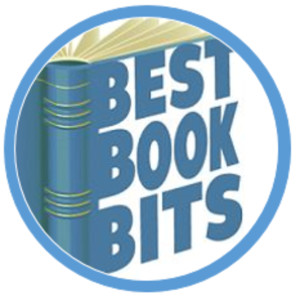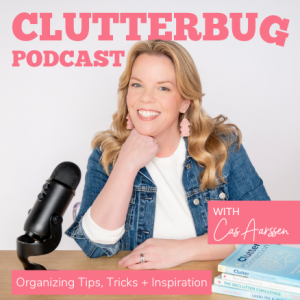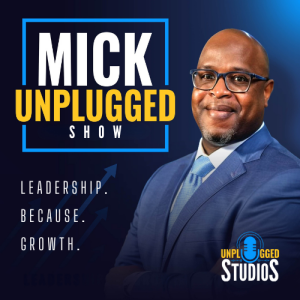

Episode List
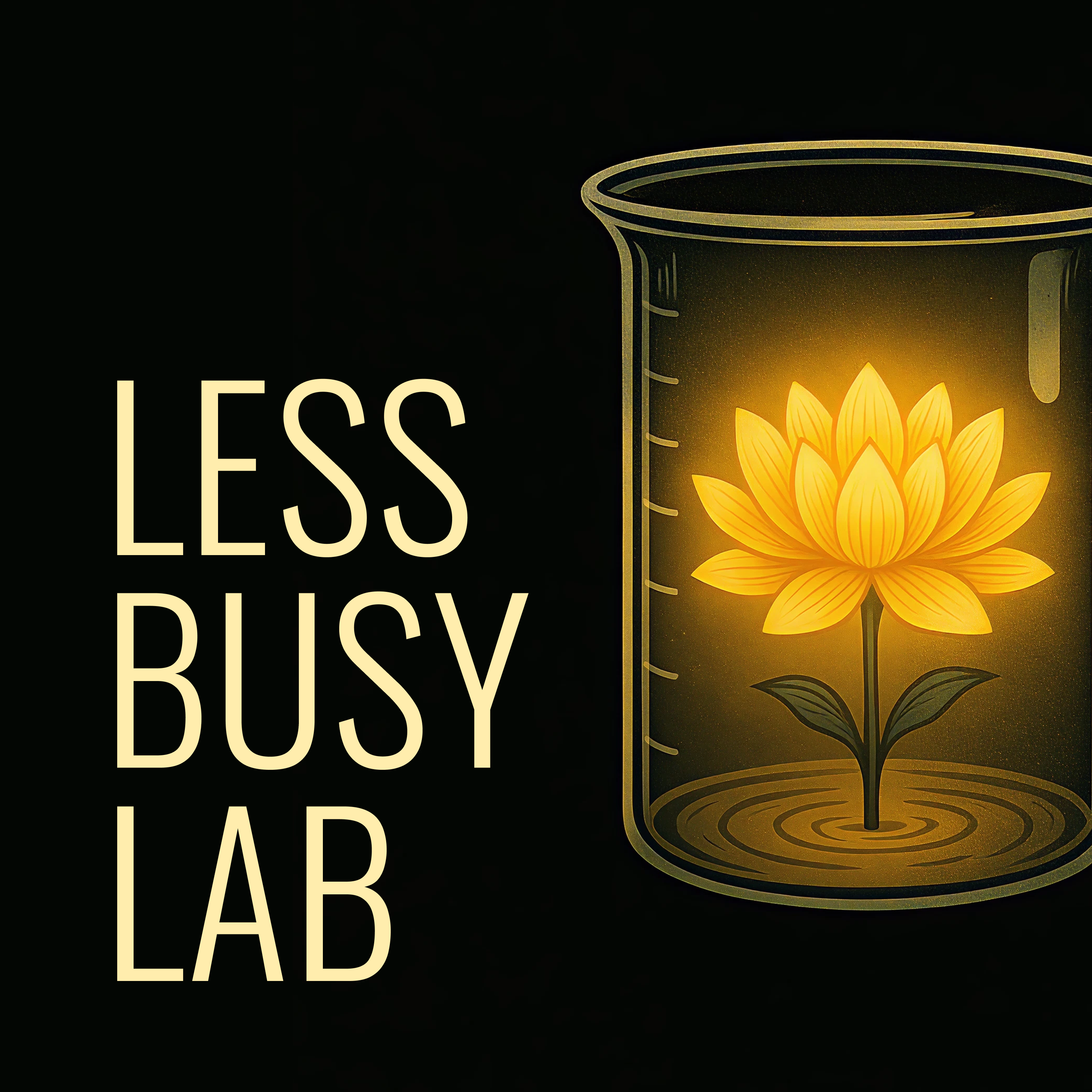
Email Productivity 101: Tips That Still Work 20 Years Later
Does your inbox feel like a to-do list written by other people? You’re not alone. Even as communication has shifted to chat apps like Slack and Teams, the average knowledge worker receives 117 emails per day. It remains one of the biggest sources of workplace chaos.In this episode, Alex and Moah take you on a tour of modern email management strategies, from David Allen’s “Getting Things Done” method and Merlin Mann’s Inbox Zero to why the infamous 43-folder system never really worked. They reveal why 30% of your inbox is stuff you can’t act on right away, how Gmail’s 15GB of storage changed the “delete vs. archive” debate, and why research shows you’re actually slower if you prioritize organizing messages in folders. Along the way, you’ll hear Moah’s hilarious multi-select purge routine, Alex’s trick for writing “hateful" emails you’ll never regret sending, and career-changing stories of an astronaut and a Michelin-starred chef whose big breaks almost died in spam.If you’ve ever stared at an inbox full of decisions and felt paralyzed or if you wonder why your inbox continues to feel overwhelming despite spending hours each day clearing it out, this episode is for you. Tune in for research-backed workflows, funny war stories, and practical hacks you can try today—including a printable flowchart to retrain your brain for faster, calmer email handling. Your inbox may never be empty, but after this episode, it won’t own you.Links from the show!Microsoft's research on emails received per day https://www.microsoft.com/en-us/worklab/work-trend-index/breaking-down-infinite-workdayDavid Allen's Getting Things Done https://en.wikipedia.org/wiki/Getting_Things_DoneMerlin Mann's series on Inbox Zero https://www.43folders.com/43-folders-series-inbox-zeroStudy: Am I wasting my time organizing email? https://www.researchgate.net/publication/221518713_Am_I_wasting_my_time_organizing_emailSnooze messages to save them for later https://www.boomeranggmail.com/l/gmail-snooze.htmlDo, Defer, Delete flowchart https://content.reviveyourinbox.com/img/UltimateEmailWorkflow.pdfBoomerang for Gmail boomeranggmail.comBoomerang for Outlook boomerangoutlook.comGot todos? Get GQueues gqueues.com
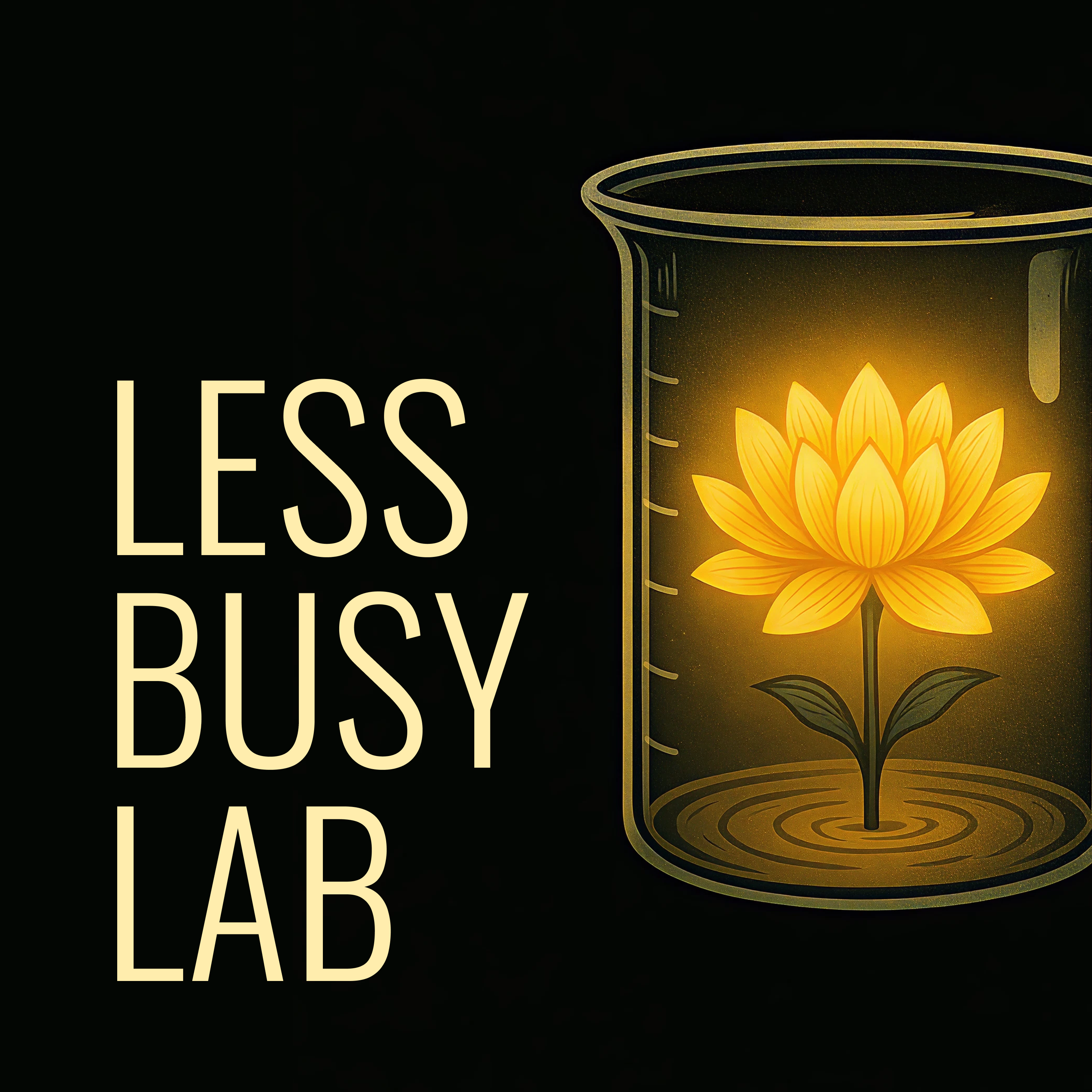
Night Owls, Morning Larks, and How to Harness Your Chronotype
We all know someone who rises with the sun every morning (or before it)… and we all know someone else who needs five alarms and a minor miracle to get out of bed on time for school or work. In this episode, Moah and Alex introduce chronotypes—your body’s natural rhythm for sleeping, waking, and working—and how they can make or break your productivity.Why do some people get up and at 'em, hitting peak focus in the morning, while others don’t hit their stride until after dinner? How can you structure your work (and your team’s schedule) to match everyone’s natural energy levels? And what, if anything, can you do to change your daily productivity peaks? Listen to this episode to learn all that and more, like when different chronotypes perform best at tasks that require analysis vs. creativity.Through scientific research, personal stories, and tips from their experience running a multimillion dollar company, Moah and Alex will help you rethink the way you manage your day so you can get more done without feeling exhausted.Links from the show!Study linking genes and chronotypes https://www.nature.com/articles/s41467-018-08259-7Munich ChronoType Questionaire https://www.thewep.org/documentations/mctqResearch paper: Time of day and chronotype in the assessment of cognitive functions https://pmc.ncbi.nlm.nih.gov/articles/PMC10683050/Research paper: The alignment between chronotype and time of day https://ink.library.smu.edu.sg/cgi/viewcontent.cgi?article=7688&context=lkcsb_researchStudy on afternoon naps https://pmc.ncbi.nlm.nih.gov/articles/PMC10091091/Boomerang for Gmail boomeranggmail.comBoomerang for Outlook boomerangoutlook.comGot todos? Get GQueues gqueues.com
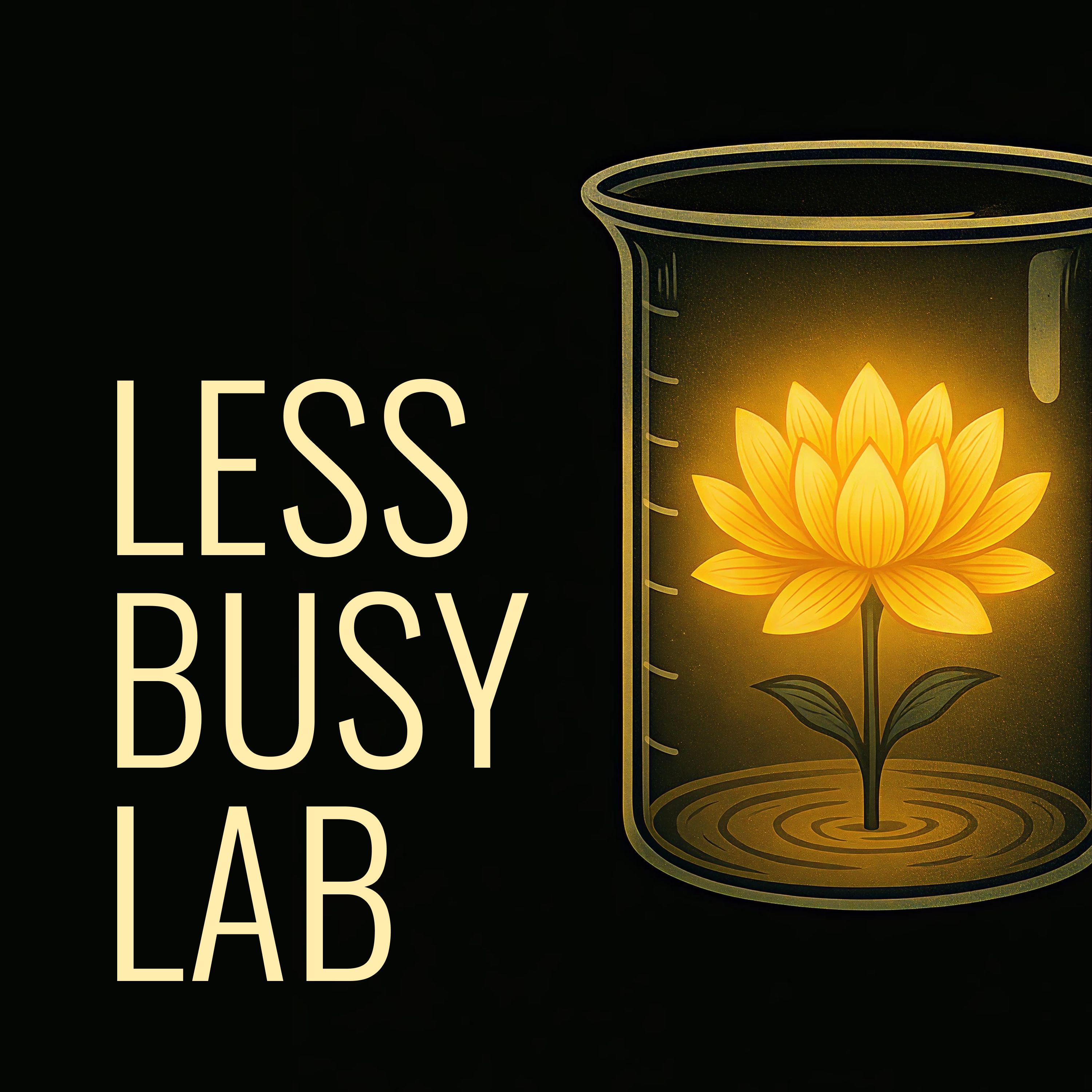
Engineer Your Focus: Practical Steps to Enter & Sustain Flow State
When was the last time you got so absorbed in your work that time disappeared?That's Flow State, the peak performance zone where tasks feel effortless, creativity flows, and your output boosts up to 500% without the usual exhaustion and burnout. It’s the powerful psychological phenomenon behind breakthroughs from Archimedes to Frank Lloyd Wright's architectural masterpiece, Fallingwater.Join Moah and Alex as they unravel the science of optimal experience: what happens in your brain, why it's so elusive in our interrupted world and what those interruptions are costing you (2.1 hours daily adding up to 5 work weeks a year).They will share actionable strategies to systematically create the conditions for 'Flow State’ that worked for them and their team; from setting up your personal "flow-prone" bubble to implementing company-wide initiatives like "Maker Time" and distraction-free hackathons.Tune in to reclaim your time, boost your output, and finally love your work again.Links from the show!Flow: The Psychology of Optimal Experience by Mihaly Csikszentmihalyi https://archive.org/details/flow-the-psychology-of-optimal-experience-pdfdriveFlow and work place burnout https://www.sciencedirect.com/science/article/abs/pii/S0165032717317822?via%3DihubGroup Genius: https://www.groupgenius.net/Infinite Work Day Microsoft Report https://www.microsoft.com/en-us/worklab/work-trend-index/breaking-down-infinite-workdayNeuro Imaging Study for Flow State https://drexel.edu/news/archive/2024/March/New-Neuroimaging-Study-Reveals-How-the-Brain-Achieves-a-Creative-Flow-StateMaker's Schedule, Manager's Schedule by Paul Graham https://paulgraham.com/makersschedule.htmlToolsBoomerang for Gmail boomeranggmail.comBoomerang for Outlook boomerangoutlook.comGot todos? Get GQueues gqueues.comPause your Inbox inboxpause.com
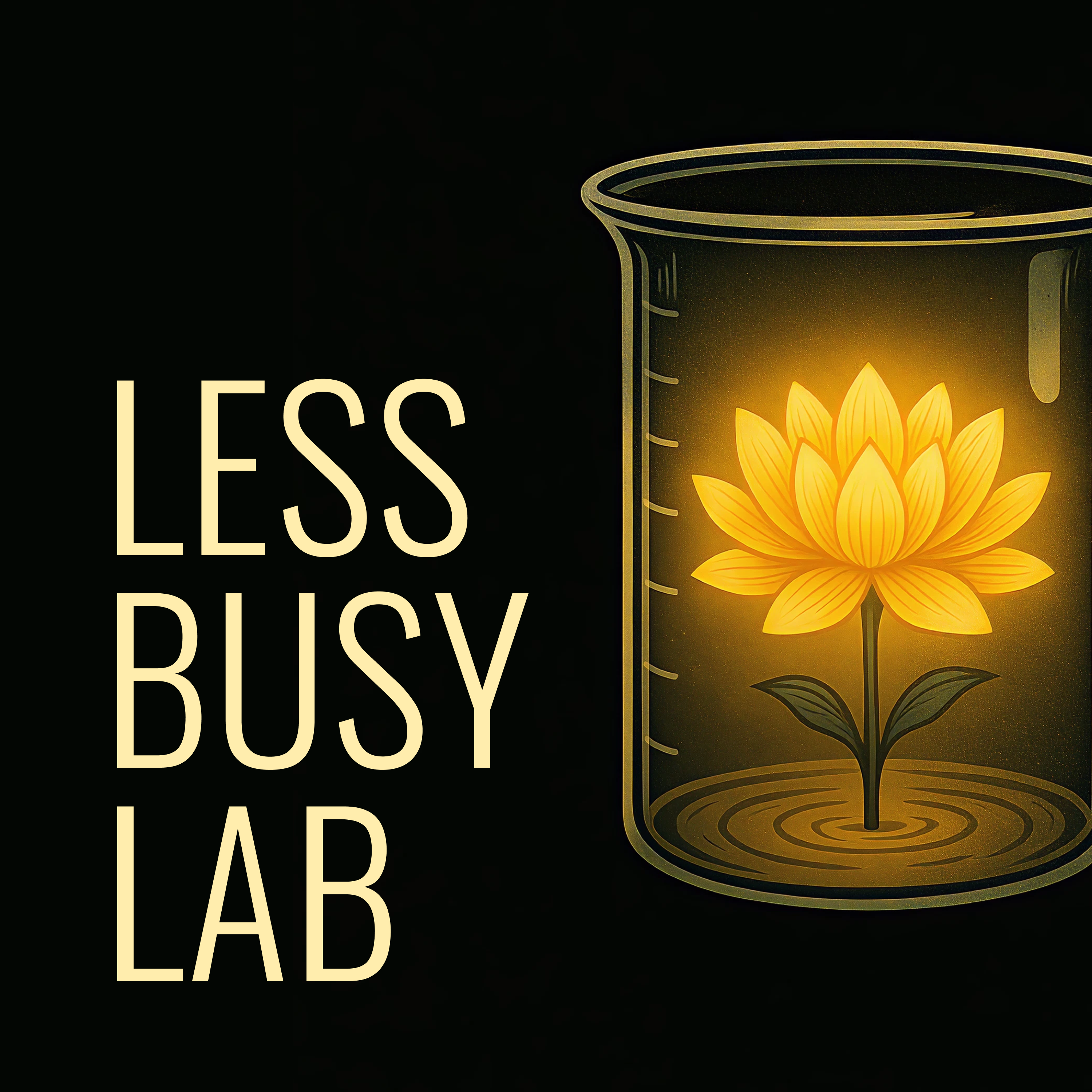
Tiny boxes, huge consequences: How checklists have saved lives, hours, and experiments
In Episode 6, Alex and Moah trace the origin and history of a simple productivity tool that transformed aviation safety, helped land humans on the Moon, slashed surgical fatalities by 47 percent, and saved their own product launches at Boomerang from chaos.You’ll hear about the 1935 B‑17 disaster that birthed the first checklist for Boeing, the Checklist Manifesto research that turned skeptics into believers, and the sly NSFW surprise Apollo 12 astronauts found on their cuff checklists — one they had to hide from the public.Along the way, they unpack two types of checklists: read-do vs. do‑confirm and explain when and how you should use each. They will also share three properties that make every checklist more usable and which kind of errors checklists prevent (it’s not errors of ignorance).Whether you ship code, host events, or just want to stop leaving analytics off your product experiments, this episode will get you a head start on using checklists the right way.Tune in to learn how a simple 19‑item checklist can save you up to 19 hours of rework.Links from the Show!Surgical safety https://www.harvardmagazine.com/2009/09/checklist-for-surgical-safetyB17 to Apollo Missions: https://blog.nuclino.com/the-simple-genius-of-checklists-from-b-17-to-the-apollo-missionsThe Checklist Manifesto by Atul Gawande https://atulgawande.com/book/the-checklist-manifesto/Playboy Playmates on the moon: https://aphelis.net/seen-any-interesting-hills-valley-playmates-on-the-moon-1969/Checklist Usage Paper: https://aircconline.com/csit/papers/vol11/csit112322.pdfPicture of Neil Armstrong’s cuff checklist from Apollo 11 https://airandspace.si.edu/collection-media/NASM-SI-2006-11306Van Halen and Bowl of Brown M&Ms https://www.acadia-software.com/landing-pages/checklists-standardwork/ToolsBoomerang for Gmail boomeranggmail.comBoomerang for Outlook boomerangoutlook.comGot todos? Get GQueues gqueues.com
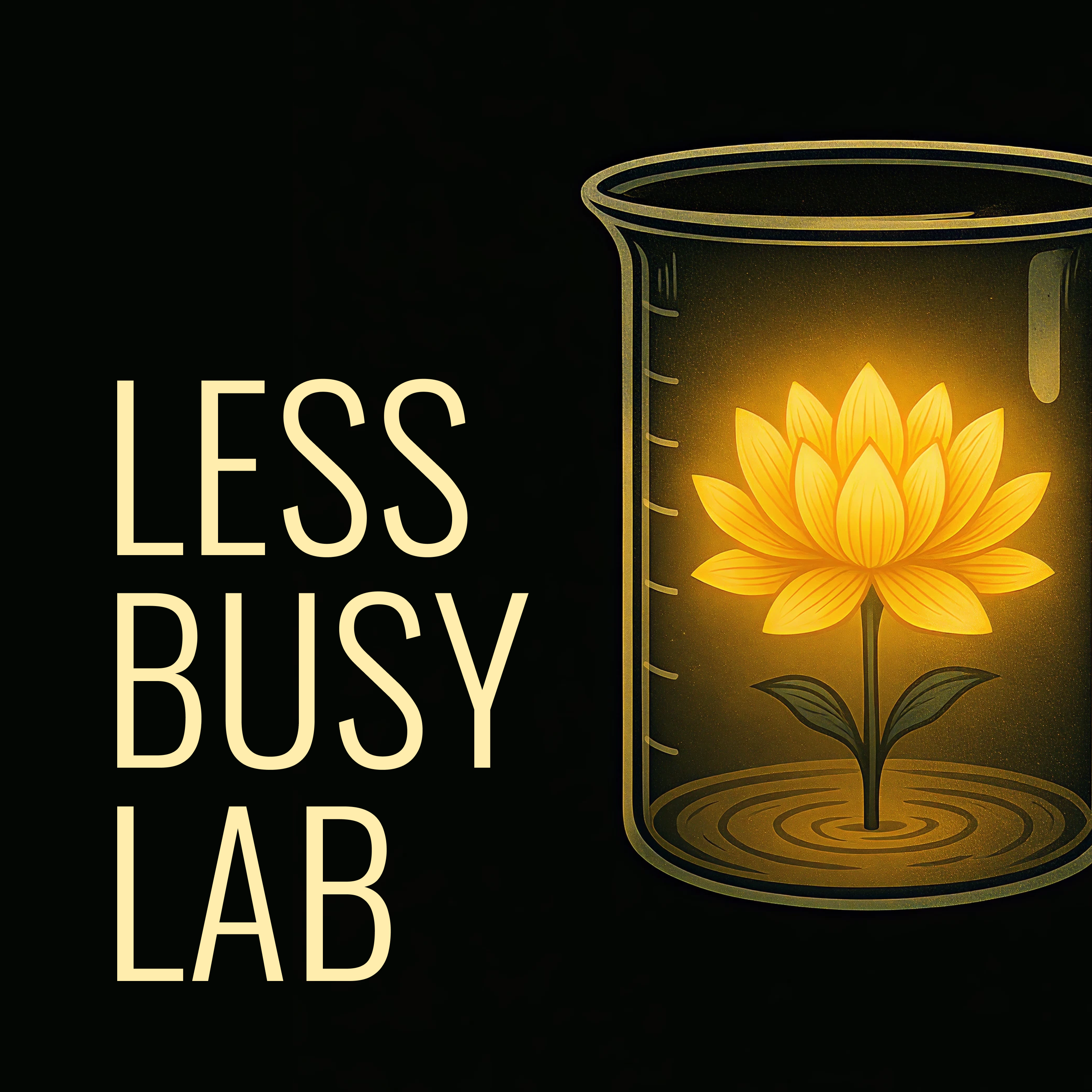
Build Your Productivity Toolbox: Why Silver Bullets Rust
What do fad diets, New‑Year’s resolutions, and “miracle” morning routines have in common? They all work—until they don’t. In this episode, Alex and Moah unpack why no single productivity system can serve everyone forever, and how embracing change (like a Buddhist) is the real path to getting more done while feeling less busy. They’ll share why short‑term wins are still wins, how weekly reviews act as an early‑warning system when output stalls, and the hidden cost of clinging to workflows that no longer fit your role, life stage, or team dynamics. Stop chasing that one weird productivity trick, and pick up a simple framework for building (and refreshing) your personal “toolbox” of tactics. And remember, “better is good” in productivity too.Links from the Show!POUNDS : Weight Loss Trial https://pmc.ncbi.nlm.nih.gov/articles/PMC2763382/Quitters Day https://www.techradar.com/health-fitness/tired-of-your-busy-january-gym-strava-reveals-the-exact-date-itll-be-quiet-again The Fresh Start Effect https://faculty.wharton.upenn.edu/wp-content/uploads/2014/06/Dai_Fresh_Start_2014_Mgmt_Sci.pdf Better is good https://www.youtube.com/watch?v=VolsV0ox_ywToolsBoomerang for Gmail boomeranggmail.comBoomerang for Outlook boomerangoutlook.comGot todos? Get GQueues gqueues.com
You may also like
Create Your Podcast In Minutes
- Full-featured podcast site
- Unlimited storage and bandwidth
- Comprehensive podcast stats
- Distribute to Apple Podcasts, Spotify, and more
- Make money with your podcast


